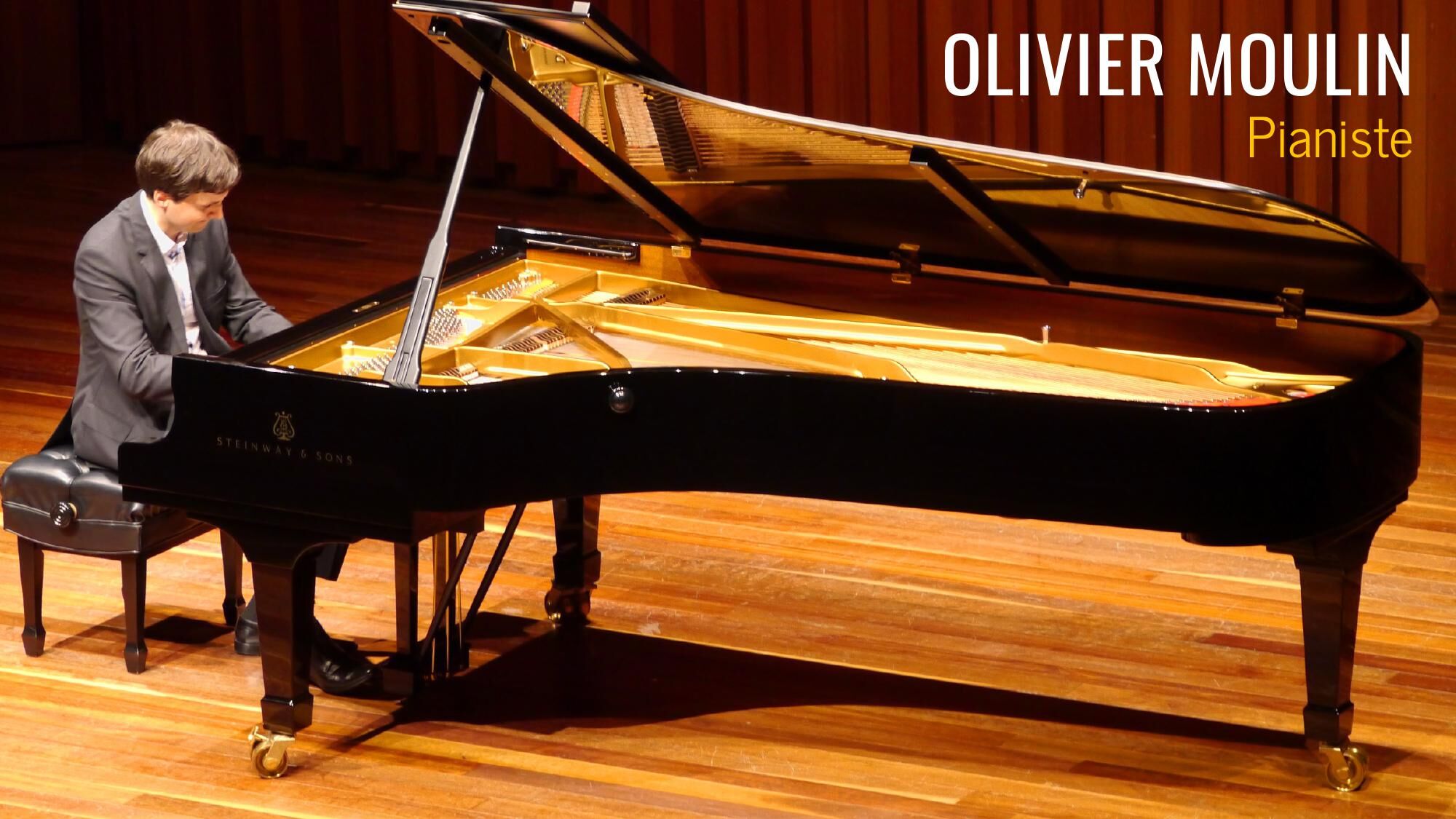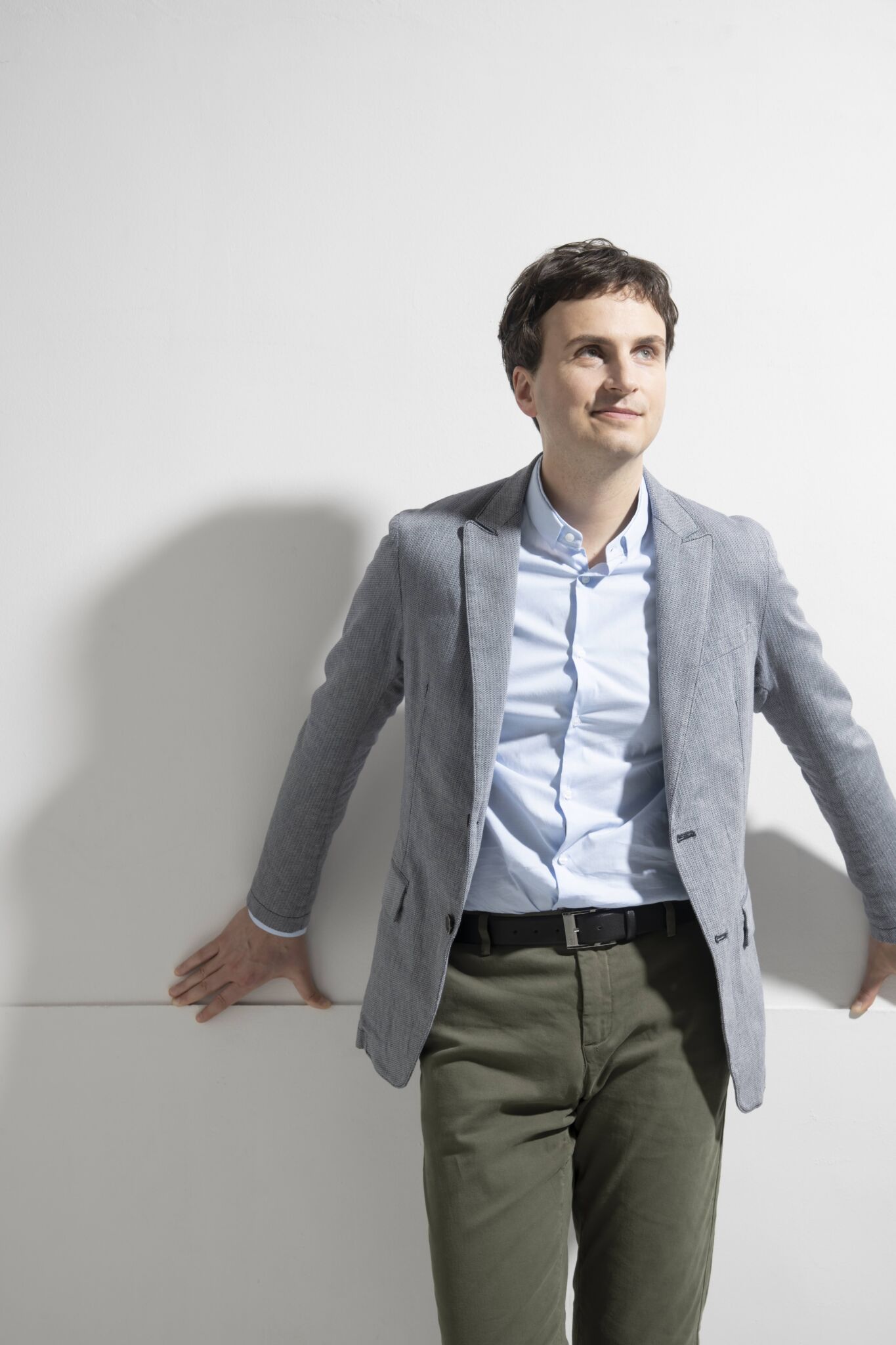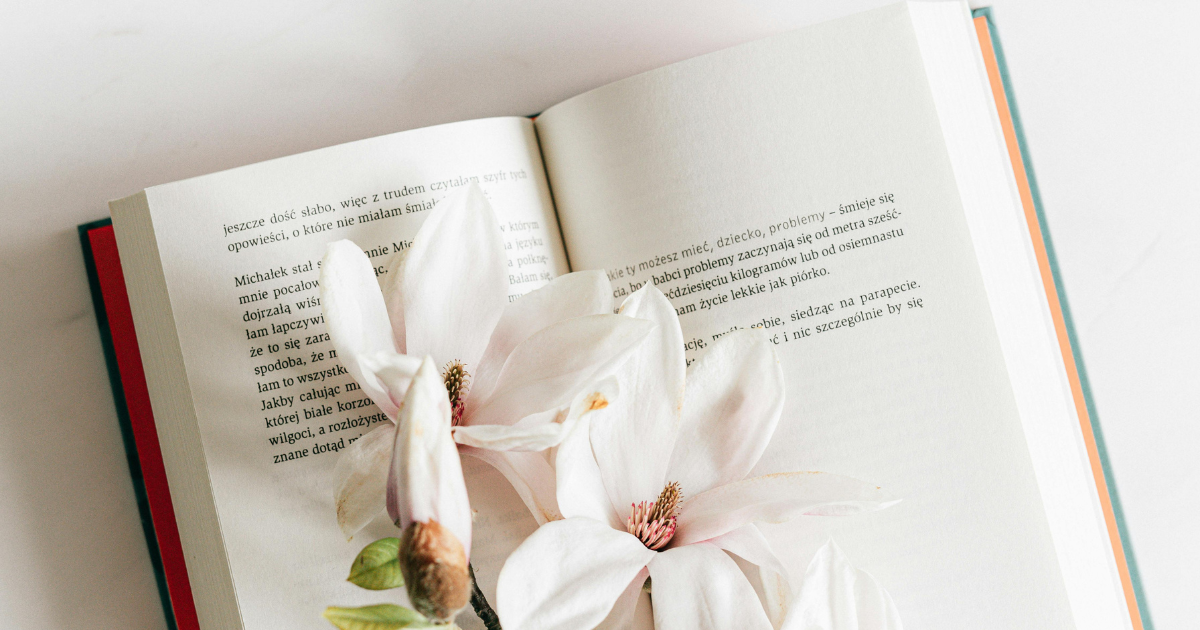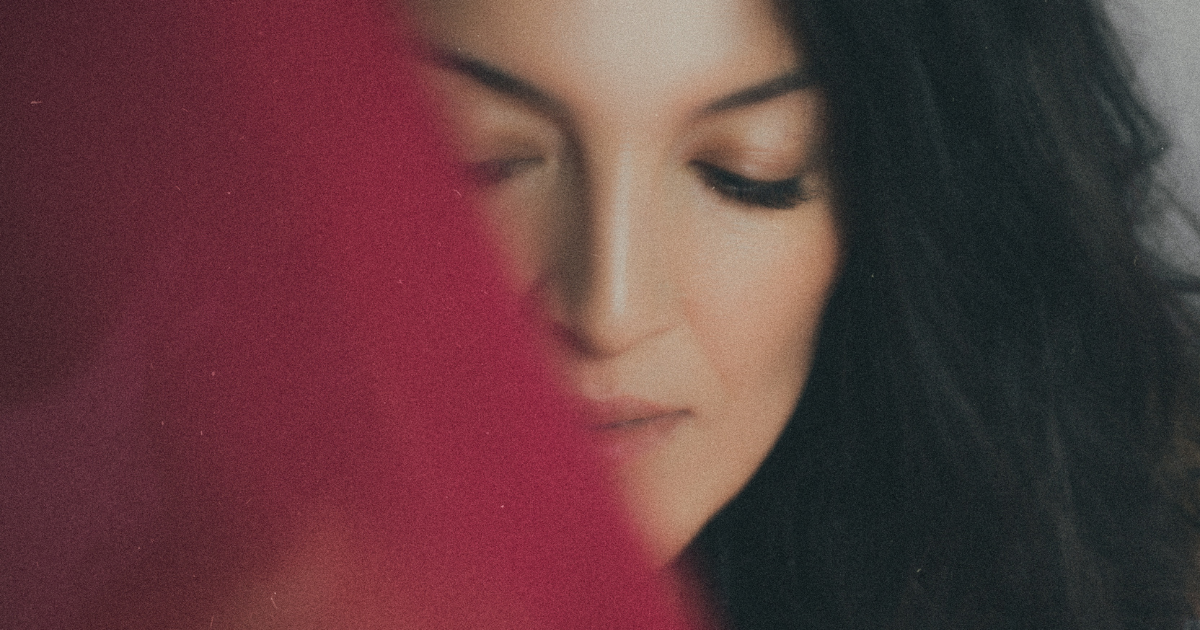Olivier Moulin – a french pianist blending mastery and elegance
The magic of piano: a pianist passionate about playing with an orchestra

On November 9, the Uzbekistan State Conservatory hosted a concert dedicated to the centenary of the renowned composer Gabriel Fauré’s passing. Acclaimed French pianist Olivier Moulin performed at the event.
Praised by The Washington Post as a "young pianist demonstrating maturity and elegance," Olivier Moulin graduated with top honors from the National Superior Conservatory of Music in Lyon, where he studied under the esteemed masters Éric Heidsieck and Géry Moutier.
After completing his studies in Lyon, he advanced to the Mozarteum University in Salzburg, where he trained under Karl-Heinz Kämmerling and Clemens Hagen, earning a master’s degree with distinction.
Olivier's artistic journey has been enriched by mentorship from renowned musicians, including Aldo Ciccolini, Yvonne Loriod-Messiaen, Dominique Merlet, Jacques Rouvier, and Sergio Perticaroli. As a decorated pianist at prestigious international competitions, Olivier regularly graces the stages of some of the world’s leading concert halls.
Beyond his performances, Olivier is committed to education. He shares his expertise with the next generation as a professor at a regional conservatory in France. Additionally, he serves as the president of the esteemed Épinal International Piano Competition, further contributing to developing young talent.
What first drew you to music, and when did you realize you wanted to become a pianist?
I discovered the piano at the music school in my village, where I started music initiation classes, like many other children. My parents, who have always loved music, frequently took me to concerts from a very young age. I was captivated early on by the magical sound of the piano, which we often listened to at home. The dream of becoming a pianist came to me quite early, even though I understood how challenging it would be.
Who was your first teacher, and how did they influence your musical journey?
I began taking piano lessons at the age of seven, which is a typical starting age for many musicians. I still vividly remember being mesmerized by my first teacher, Françoise Dumas, who could effortlessly perform pieces that seemed impossibly complex to me at the time. Looking back, I realize the profound sense of admiration I felt for her and how significantly she influenced the trajectory of my musical journey.
What are your plans for music? Any new projects or albums?
In the coming weeks, I will continue my series of concerts dedicated to the French composer Gabriel Fauré, whose centenary we commemorate in 2024. These performances will take place in Mauritius and Vietnam.
I am also preparing a program for 2025, featuring solo recitals and four-hand performances, dedicated to two remarkable French composers: Maurice Ravel and Erik Satie. Next year marks the 150th anniversary of Ravel’s birth and the 100th anniversary of Satie’s passing.
I am particularly drawn to exploring the connection between these two composers. Their relationship reflects the vibrant artistic climate of early 20th-century Paris. Satie, a bohemian and eccentric composer, met Ravel, a young pianist from an affluent family, in the 1890s. I also hope to record this program someday.

Photo provided by the Press Center of the Embassy of France in Uzbekistan
- You actively support young talent. Could you tell us about your projects in this area?
Yes, I teach piano at the Conservatory of Nancy and serve as the president of the Épinal International Piano Competition. I am passionate about passing on my experience to young pianists.
Starting a concert career is often a challenging phase for musicians. By organizing this competition, I aim to support young talents during these crucial early stages. The competition provides them with valuable opportunities for exposure, enriching exchanges with jury members, and interactions with other competitors.
Additionally, winners are given the chance to perform in concerts, an essential step for launching a successful career.
Which musicians would you like to collaborate with in the future?
In addition to my work as a soloist, I am eager to continue developing my chamber music repertoire. This genre offers a unique perspective on music, fostering both artistic growth and meaningful human connections through collaboration.
I look forward to continuing my duo performances with trumpeter David Guerrier, with whom I’ve played since our student days. He was recently appointed as principal trumpet of the Berlin Philharmonic Orchestra—a prestigious accomplishment.
What advice would you give to young musicians just starting their careers?
I would encourage young musicians to participate in competitions, as they are one of the most effective ways to gain recognition. Competitions also broaden one’s repertoire and cultivate the ability to master various pieces—be it solo works, concertos, or chamber music—within a limited time frame.
This skill is crucial for musicians, who often need to transition quickly between different concert programs.
Pursuing a musical career requires unwavering determination and resilience. It is equally important to take time for self-reflection to identify your unique path as an artist. Some may excel in a particular genre, like contemporary music, while others may find their passion in chamber music or accompanying vocalists.
How do you choose the repertoire for your performances?
I enjoy curating thematic programs by identifying a unifying concept within the repertoire. This could involve focusing on a particular composer, exploring a theme such as water or night, or connecting works by composers who influenced one another.
Do you have any pre-performance rituals?
Concert days are always special. In the morning, I usually rehearse briefly to familiarize myself with the piano and the acoustics of the venue. I then enjoy having lunch and exploring the city where I am performing to absorb its atmosphere, scents, and energy.
Later, I like to rest for a short while before the concert. I avoid over-rehearsing on the day of a performance to preserve inspiration and spontaneity. Bananas and chocolate help me maintain my energy and focus.
Which composers and works inspire you the most?
I hold Liszt’s music in high regard, particularly his Piano Sonata, which stands as a masterpiece of 19th-century piano literature. I also deeply admire the works of Schumann, Brahms, Rachmaninoff, Fauré, Debussy, and Ravel.
Are you familiar with the works of Uzbek composers and pianists?
I had the pleasure of hearing the Uzbek pianist Behzod Abduraimov some time ago. He is an extraordinary and captivating musician, both technically and musically. His recent recording introduced me to a piece by Uzbek composer Dilorom Saidaminova titled The Walls of Ancient Bukhara, which serves as a tribute to Mussorgsky’s Pictures at an Exhibition.


